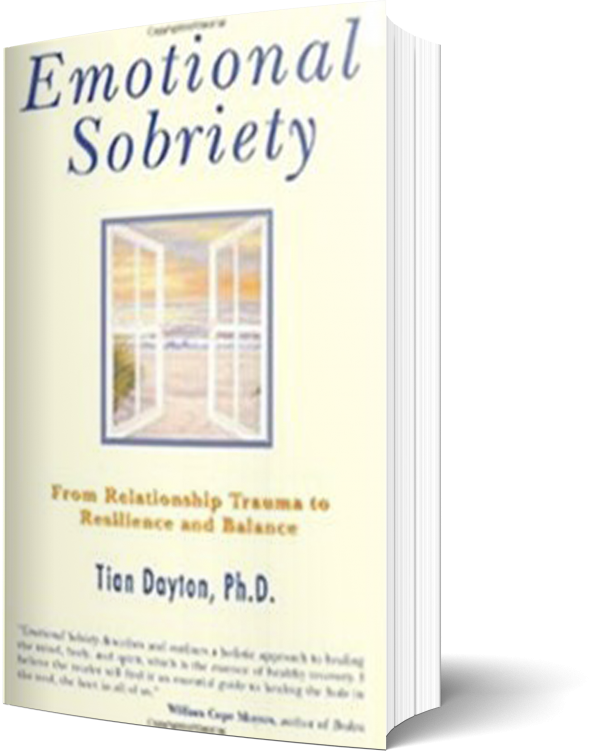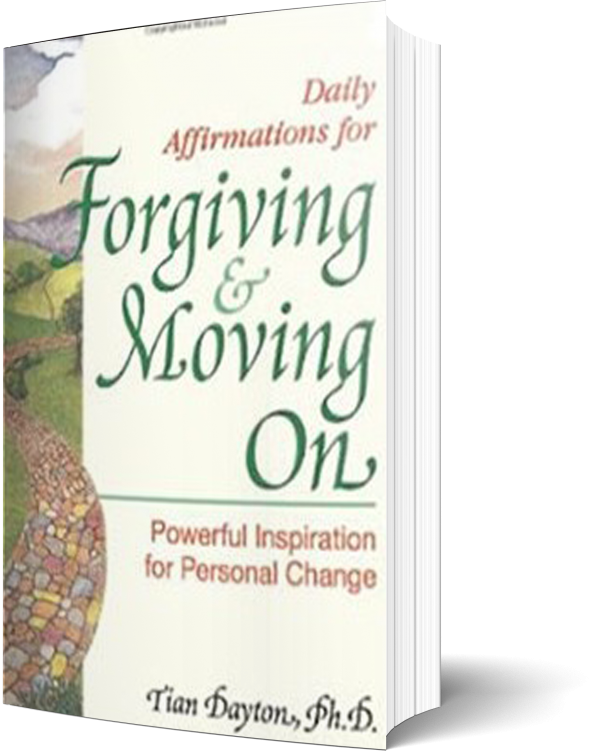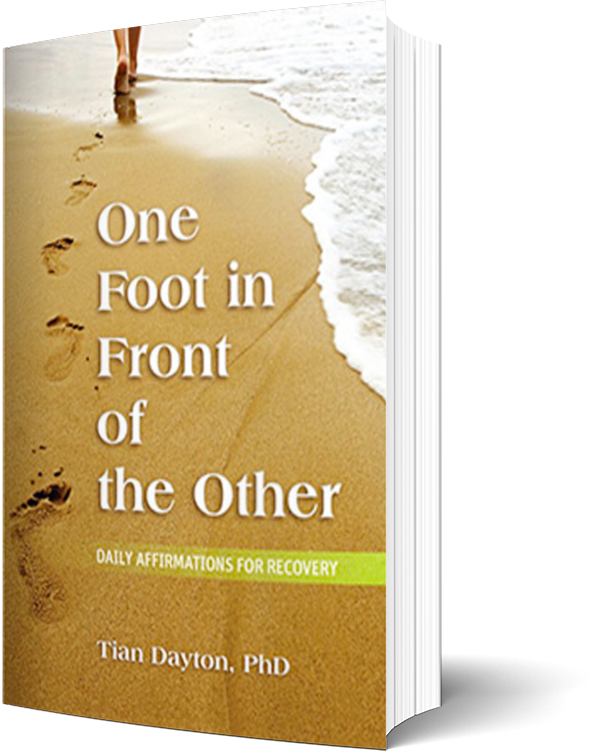Gut reactions, it turns out, may have a higher rate of accuracy in their ability to predict outcome then the most carefully laid, “scientific” plans. In his book Gut Feelings: The Intelligence of the Unconscious, Dr. Gerd Gigerenzer, the director of the Max Planck Institute for Human Development in Berlin, defines “gut reactions” as a judgment that is fast and comes quickly into a person’s consciousness. The person doesn’t know why they have this feeling yet it’s strong enough to make them act on it. “What a gut instinct is not is a calculation. You do not fully know where it comes from.” According to Gigerenzer a gut reaction can be so accurate because gut reactions make great use of the amazing capacities of the brain that nature has spent eons evolving in order to help us survive.
“Gut feelings are based on simple rules of thumb,” says Gigerenzer, “what we psychologists term “heuristics.” These take advantage of certain capacities of the brain that have come down to us through time, experience and evolution. Gut instincts often rely on simple cues in the environment. In most situations, when people use their instincts, they are heeding these cues and ignoring other unnecessary information.” He reminds us not to simply make decisions “ like a bookkeeper — list all the pros and cons and then make the decision, after weighing everything. That is the classical rational approach.” This approach to decision making can cause us to ignore our intuition and our gut instincts and it can be too slow to get us to where we need to be. “In some situations, that demands too much information. Plus, it’s slow. When a person relies on their gut feelings and uses the instinctual rule of thumb “go with your first best feeling and ignore everything else,” it can permit them to outperform the most complex calculations.”
Take baseball, when a player is catching a ball he relies on something called the “heuristic gaze” to perform all sorts of complex mathematical calculations that allow him to judge the speed, velocity and angle of the ball coming toward him. The player fixes his gaze on the ball in the air, starts running, and adjusts his speed so that the angle of the gaze remains constant. Unconsciously, his brain is making all kinds of complicated mathematical calculations based on its experience with hundreds of prior catches. All the player has to remember consciously is to keep his eye on the ball.
The same principle can be generalized to apply to other situations as well. Gigerenzer sites examples where “going with your first best feeling and ignoring everything else” can pay off. One is in predicting the rate of high school drop outs and the other in helping the average person to combat terrorism.
In trying to predict the rate of high school drop outs Gigerenzer used “good writing scores” as the tipping predictor. “ If two schools had the same attendance levels, you needed one more cue — good writing scores — and then you could ignore the rest.” His research team was amazed to realize that computer-based versions of Franklin’s bookkeeping method — a program that weighed 18 different cues — proved less accurate than going with the rule of thumb of “get one good reason and ignore the rest of the information.”
Gigerenzer talks about how becoming fear based in our behavior rather than intuitive can even lead to fatality. “After 9/11, many Americans stopped traveling in airplanes and drove on highways instead. I looked at the data, and it turned out that in the year after the attacks, highway fatalities increased by an estimated 1,500 people. They had listened to their fear, and so more died on the road. These kinds of fatalities are easily avoided. But psychology is not taken very seriously by governments. Most of the research about how to combat terrorism is about technology and bureaucracy — homeland security. In this case, educating the public about their own gut reactions could have saved lives.”
Gut reactions and intuition, seen in this evolutionary light, are neurologically based behaviors that evolved to ensure that we humans are able to respond in a split second when our survival is at stake. Too much data can mean the difference between life and death. The more variables we consider, the harder it is to make the “right” decision, we get lost in detail, in more calculations than the situation might allow for.
Our brains have also evolved to sort through the vast amount of information that we ourselves have collected through living our lives day to day. This ability to sort fast enables us to find the quickest and most efficient route to a decision, based on a set of innate, unconscious data that we have been stockpiling since birth in order to negotiate our physical and social environment. This streamlined simplicity, says Gigerenzer, is evolution’s way of adapting to uncertainty.”
Gigerenzer cautions us to remember that science itself is always relying on intuition and gut instincts because all successful researchers must make leaps, whether they have all the data or not. And at a certain moment, having the data doesn’t help them, but they still must know what to do. That’s when instinct comes in. Eventually we all wind up relying on the equipment that nature has endowed us with and that includes intuition and gut instinct, which turns out to be “scientifically” predictable and reliable. We are, in a sense, wired to cope with unpredictability and gut reactions and intuition are two of our best coping mechanisms.
Check out tiandayton.com for further reading.





